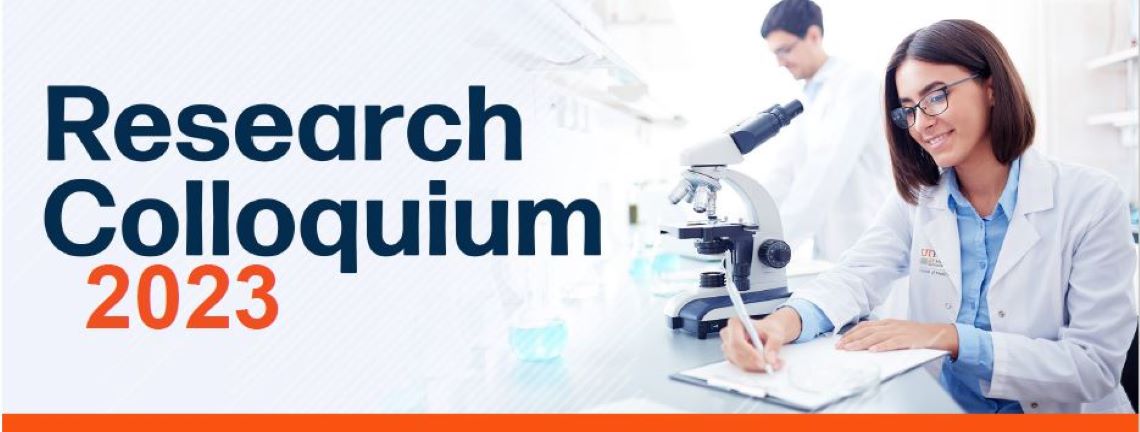
Talks
Academic Level (Author 1)
Medical Student
Academic Level (Author 2)
Faculty
Discipline/Specialty (Author 2)
Internal Medicine
Academic Level (Author 3)
Resident
Discipline/Specialty (Author 3)
Internal Medicine
Discipline Track
Community/Public Health
Abstract
Purpose:Addressing health disparities through community-engagement and interdisciplinary partnerships is increasingly critical. We designed a learner-led, interdisciplinary, public health campaign for a largely Hispanic community, with the goals of building interdisciplinary leadership skills, engaging learners to address COVID-19 inequities, and disseminating insights learned.
Description: Faculty and students from University of Texas Rio Grande Valley Schools of Medicine and Social Work partnered with RGV community leaders to pilot an interprofessional education program. A 12-member learner team composed of medical students, resident physicians, and social work students was selected from an applicant pool. Learners embarked in interactive didactic sessions to improve their understanding of health inequalities, culturally contextual interventions, health communication strategies, and bioethics. Learners then sought input from local clinic leaders and patients in the development of cultural competence guides to be used in the construction and evaluation of COVID-19-related public health service announcements. The program took place from December 2020 to June 2021, with logistical feasibility aspects such as personnel selection, roles, financial costs, time constraints, and faculty support in consideration throughout program duration. Lessons learned included building interdisciplinary leadership skills, setting member roles and responsibilities, instilling requisite knowledge and skills, engaging with the community, and disseminating research findings.
Partners: This project was financially supported by the American Association of Medical Colleges’ Nurturing Experiences for Tomorrow’s Community Leaders (AAMC NEXT) Award. Thank you to community partner leadership and patients from El Milagro Clinic and HOPE Family Health Center (UTRGV-SOM safety net clinics) for their input during the construction of the culturally competence guides created.
Looking Ahead: Through the accomplishment of all pre-defined goals and objectives, our campaign proved to be feasible and effective. Lessons learned from implementing this public health project in a learner-led, community-engaged, and interdisciplinary fashion may be used to guide future projects undertaken by UTHealth RGV, as well as other institutions seeking to address health disparities with interprofessional learners.
Presentation Type
Talk
Recommended Citation
Orta, Sabrina R.; Chang, Chelsea; Santos Cantu, Daniela; Torres-Hostos, Luis R.; and Fonseca, Giuiseppe Allan, "Interprofessional Learners Lead a Public Health Campaign Addressing COVID-19 Disparities in a Hispanic Community: Lessons Learned and Recommendations" (2024). Research Colloquium. 4.
https://scholarworks.utrgv.edu/colloquium/2023/talks/4
Included in
Interprofessional Learners Lead a Public Health Campaign Addressing COVID-19 Disparities in a Hispanic Community: Lessons Learned and Recommendations
Purpose:Addressing health disparities through community-engagement and interdisciplinary partnerships is increasingly critical. We designed a learner-led, interdisciplinary, public health campaign for a largely Hispanic community, with the goals of building interdisciplinary leadership skills, engaging learners to address COVID-19 inequities, and disseminating insights learned.
Description: Faculty and students from University of Texas Rio Grande Valley Schools of Medicine and Social Work partnered with RGV community leaders to pilot an interprofessional education program. A 12-member learner team composed of medical students, resident physicians, and social work students was selected from an applicant pool. Learners embarked in interactive didactic sessions to improve their understanding of health inequalities, culturally contextual interventions, health communication strategies, and bioethics. Learners then sought input from local clinic leaders and patients in the development of cultural competence guides to be used in the construction and evaluation of COVID-19-related public health service announcements. The program took place from December 2020 to June 2021, with logistical feasibility aspects such as personnel selection, roles, financial costs, time constraints, and faculty support in consideration throughout program duration. Lessons learned included building interdisciplinary leadership skills, setting member roles and responsibilities, instilling requisite knowledge and skills, engaging with the community, and disseminating research findings.
Partners: This project was financially supported by the American Association of Medical Colleges’ Nurturing Experiences for Tomorrow’s Community Leaders (AAMC NEXT) Award. Thank you to community partner leadership and patients from El Milagro Clinic and HOPE Family Health Center (UTRGV-SOM safety net clinics) for their input during the construction of the culturally competence guides created.
Looking Ahead: Through the accomplishment of all pre-defined goals and objectives, our campaign proved to be feasible and effective. Lessons learned from implementing this public health project in a learner-led, community-engaged, and interdisciplinary fashion may be used to guide future projects undertaken by UTHealth RGV, as well as other institutions seeking to address health disparities with interprofessional learners.

